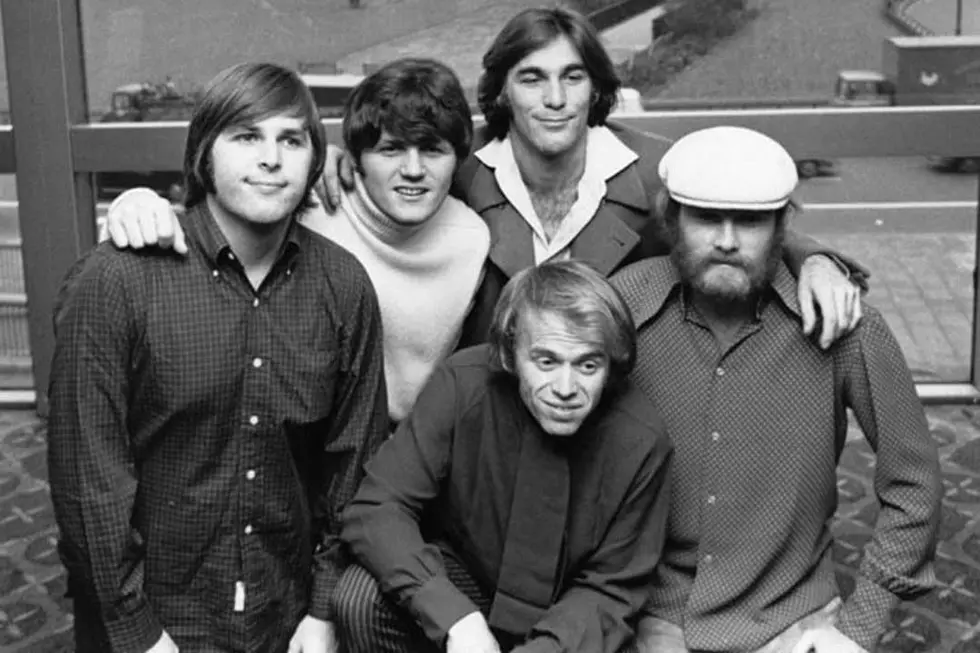
The Beach Boys vs. Capitol Records
There weren't as many good vibrations between Beach Boys and Capitol Records as the '60s drew to a close.
Though the label had been their home from the beginning, times were changing. The band's popularity began to drop, and they were no longer a priority for the label. This would, in part, lead the Beach Boys to question their standing with and their treatment by record execs. In April 1969, they filed a lawsuit against Capitol Records for slightly more than $2 million.
The seeds of this go back to March 1967, when the Beach Boys issued a lawsuit against Capitol asking for termination of their contract, as well as $225,000 in outstanding royalties. In July, as Capitol announced that a settlement had been reached between label and band, it was also announced that the Beach Boys would now have their own label.
Brother Records was established, and would be distributed by Capitol, with the first releases being the "Heroes and Villains" single and the Smiley Smile LP. Though used on this one single and album in 1967, the Brother label imprint would lay dormant until their departure from Capitol.
On April 12, 1969 the Beach Boys issued their lawsuit against the label. According to Keith Badman's book The Beach Boys, the suit claimed more than $600,000 in unpaid royalties, and nearly $1.5 million in unpaid production fees due leader Brian Wilson. The claim was ultimately settled, and their contract with Capitol Records, which expired on June 30, 1969, was not renewed.
Severing ties with Capitol marked the end of one chapter, and the beginning of another, concentrating on the road ahead which included a stronger focus on Brother Records. After leaving Capitol, they found a new home for Brother at Reprise Records. They announced plans for the label at a press conference, saying they "hope to created the furthest-reaching music company ever established." They added that "Brother Records will have a different policy in dealing with artists than most record companies have." Another part of the new venture included building their own state-of-the-art recording studio.
The band went on to release such classic albums as Sunflower (1970), Surf's Up (1971) and Holland (1973), all on the Brother imprint. The label essentially folded in 1979 when the Beach Boys signed to Caribou Records. Ultimately, the entire catalog has ended up back on Capitol, anyway.
But the Wilsons' father Murry still maintained control over their publishing company, Sea of Tunes. He sold the songs to Irving Almo Music in November 1969 without consent from any band members. The amount of the sale was $700,000, and within a few years, the catalog had an estimated value of over $30 million – due in part to a resurgence in the band's popularity with the release of the wildly successful Endless Summer compilation in 1974.
Beach Boys Albums Ranked
More From 98.3 The Snake










